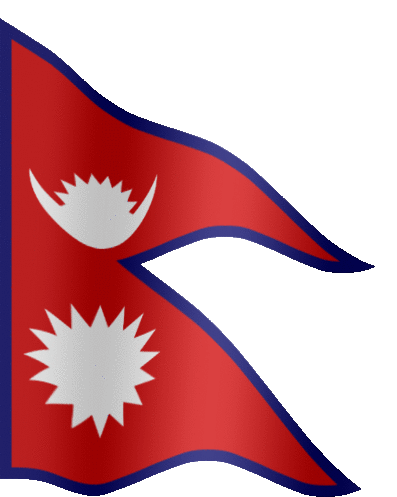
Mulling over Melamchi risk reduction plan
<p>Kathmandu</p>
<p>The Project Implementation Directorate organized a brainstorming session on the Melamchi Water Supply Project, in Kathmandu, on September 12, 2017, amid preparations to augment the flow to the Melamchi river by channelizing water from the Yangri and Larke rivers in view of increasing demand for drinking water in the Kathmandu Valley with assistance from the Asian Development Bank.</p>
<p>The participants included Secretary at the Ministry of Water Supply and Sanitation Krishna Raj BC, Joint-secretary at the ministry Anil Bhadra Khanal, PID Project Director Tiresh Prasad Khatri, Kathmandu Valley Water Supply Management Board’s Sanjeev Bikram Rana, Melamchi Water Supply Development Board’s Executive Director Ram Chandra Devkota, KUKL General Manager Mahesh Bhattarai, consultants’ representatives, ADB consultants Suman Sharma and Sanjay Adhikari as well as officials from ADB Nepal Resident Mission and Project Preparatory Technical Assistance. </p>
<p>Agendas and decisions</p>
<p>Addressing the session, PID Project Director Tiresh Prasad Khatri outlined the agendas for the session: Mitigation of risks associated with Melamchi project commissioning and stakeholders’ role in mitigation measures.</p>
<p>On the occasion, ADB consultants Sharma and Adhikari, and other participants outlined a number of potential risks associated with commissioning. They included possible risks at the source, mainly dwindling of discharge in the river due to climate change, contamination of the river resulting from the construction of an access road and development of the area as a picnic spot, management of increased expectations of Melamchi Valley people, toxic threat, problem in purifying the river water, lack of a consumption-based tariff structure that may bleed the KUKL and possible loss of credibility resulting from delays in the project. The meeting also pointed at lack of clarity on who will shoulder post-project responsibilities, namely regular repair and maintenance of structures like the tunnel and the road, who will regularly repair and maintain these structures and how often, after project handover. At the same time, Sharma and other participants raised a vital question: Who will check the system and how often? The stress was also on providing training to a core group of engineers to run the project efficiently under the supervision of seniors.</p>
<p>MWSDB Executive Director Devkota highlighted the need for watershed management, both in terms of quality and quantity. He also stressed the need to maintain social harmony with Melamchi valley people.</p>
<p>Speaking at the session, MWSS Secretary BC said it’s time for KUKL to deliver. He said this is the right time for the project to gain/lose credibility. “When will Melamchi water come to Kathmandu? This is the question that I often face. It’s a tough question, difficult to answer.” He pointed that the ministry does policy intervention when there are hurdles. Secretary BC urged the project team to share mitigation measures with experts and improve the document.</p>
<p>The meeting decided that all parties shall submit the risk management plan with solutions at appropriate time after discussions.</p>
2019-01-09
Last updated 3 mins ago


